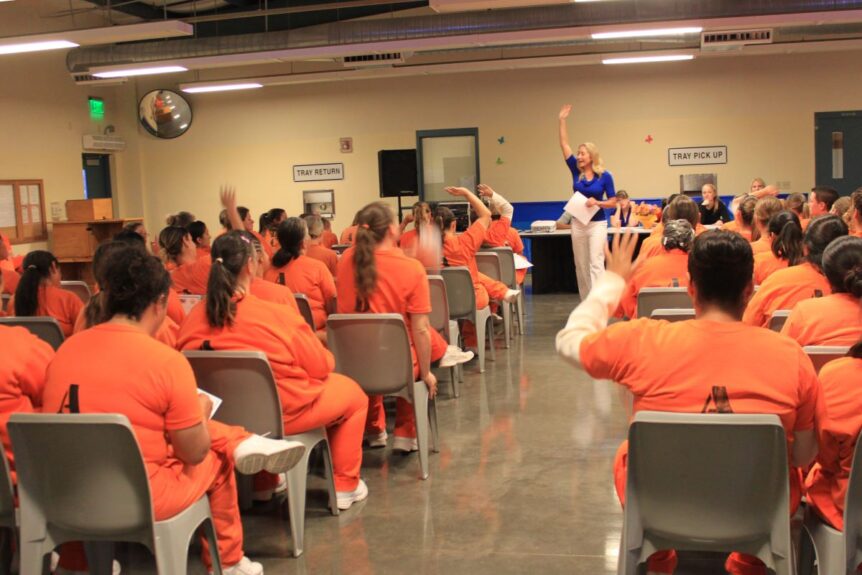Representative Ayanna Pressley and Senator Ed Markey have joined forces to co-sponsor a new bill designed to protect inmates and prison employees.
Congressional Democrats Take On Prison Conditions
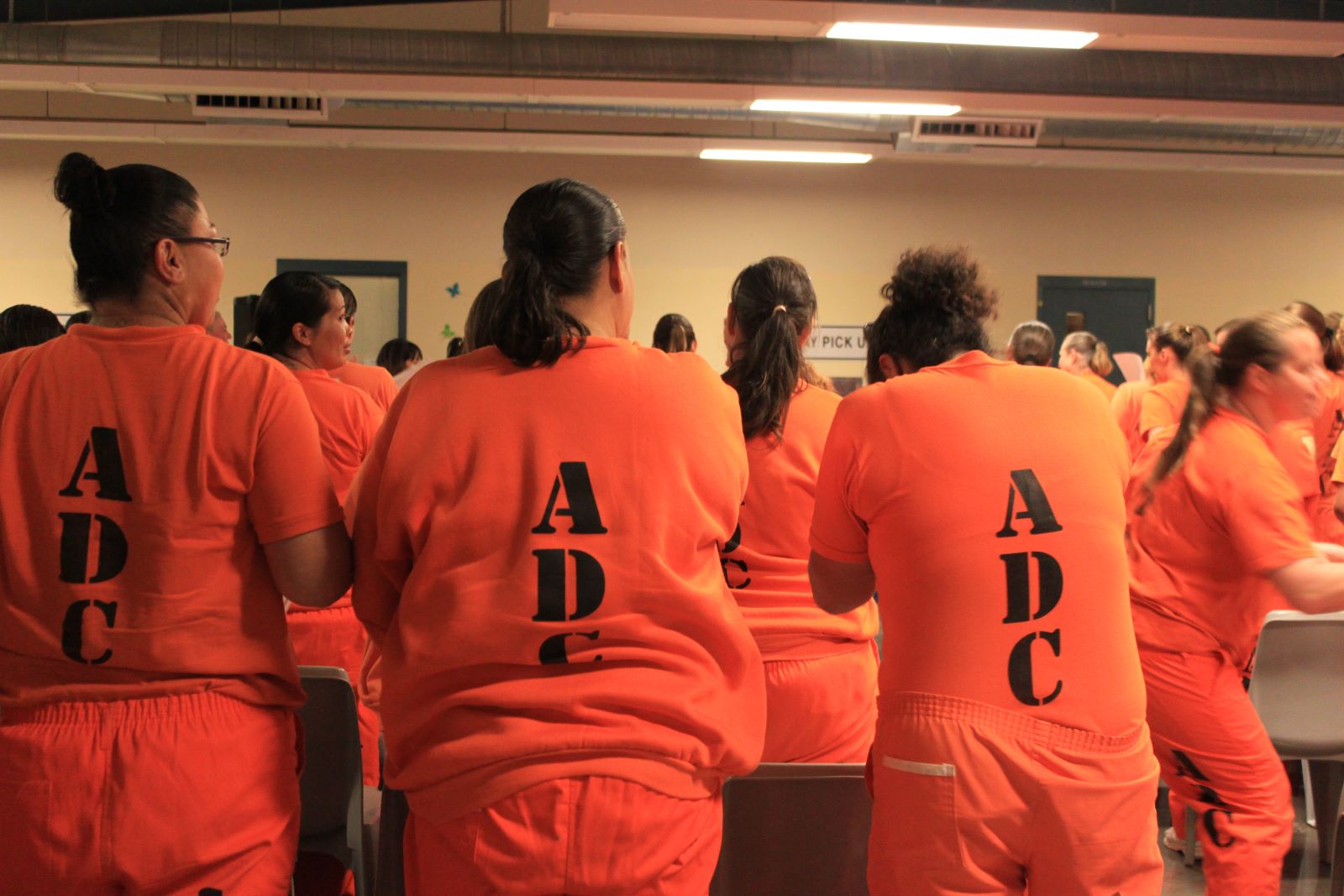
Image Credit: Shutterstock / Rebekah Zemansky
In the midst of a contentious election cycle that is dominating headlines, two members of Congress are pushing a bill that would require federal prisons to test for – and disclose – any environmental hazards that could affect the short- and long-term health of inmates and prison workers.
Pressley and Markey Introduce Environmental Health in Prisons Act
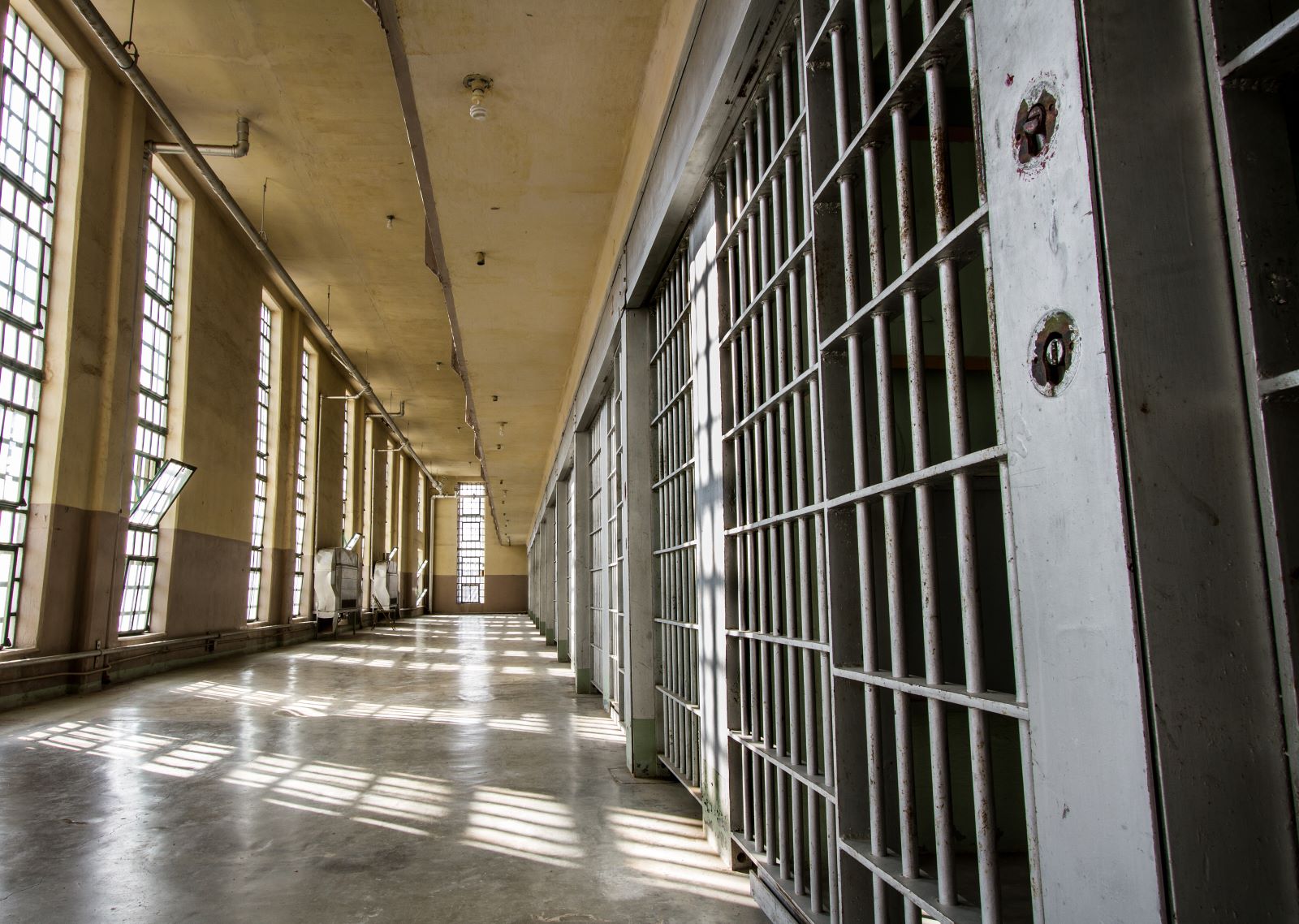
Image Credit: Shutterstock / txking
Representative Ayanna Pressley and Senator Ed Markey, both of Massachusetts, are working together on the proposed Environmental Health in Prisons Act. According to the bill, a federal task force would be launched with the goal of uncovering environmental risks in prisons.
Act Would Build Panel to Oversee Testing and Reporting

Image Credit: Shutterstock / Dizfoto
The committee, which would consist of a panel of experts qualified to assess environmental dangers, would be given authority to require federal prisons to test various potential threats, such as water quality, air quality, temperature, and infectious disease control procedures.
Expert Advice Available for Prisons Needing Reform
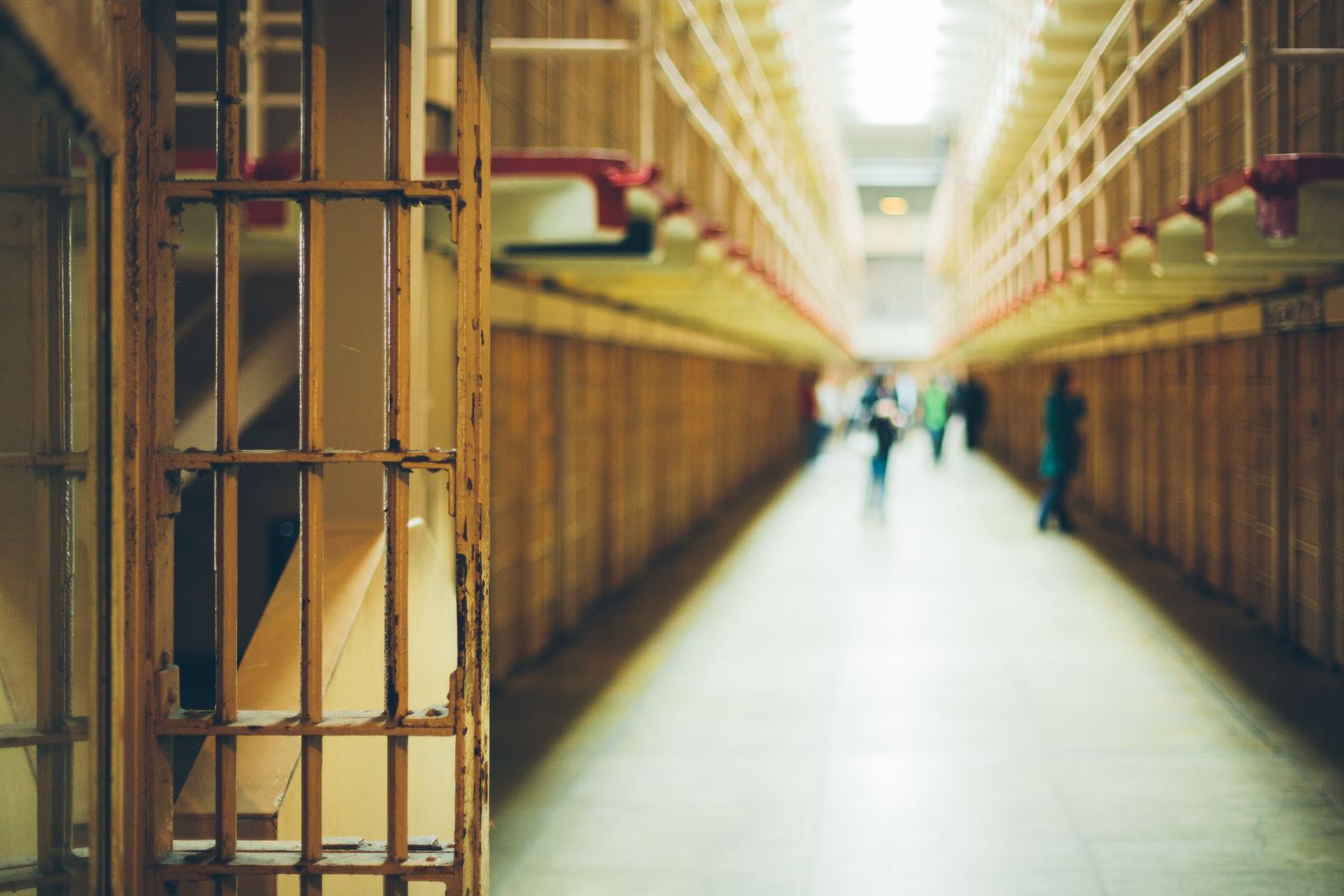
Image Credit: Shutterstock / OFFFSTOCK
Upon finding any such dangers, the panel could then advise each prison on changes to practices, policies, and procedures that would alleviate the health burden on those exposed.
Markey Aims to “Reduce the Number of People Behind Bars”
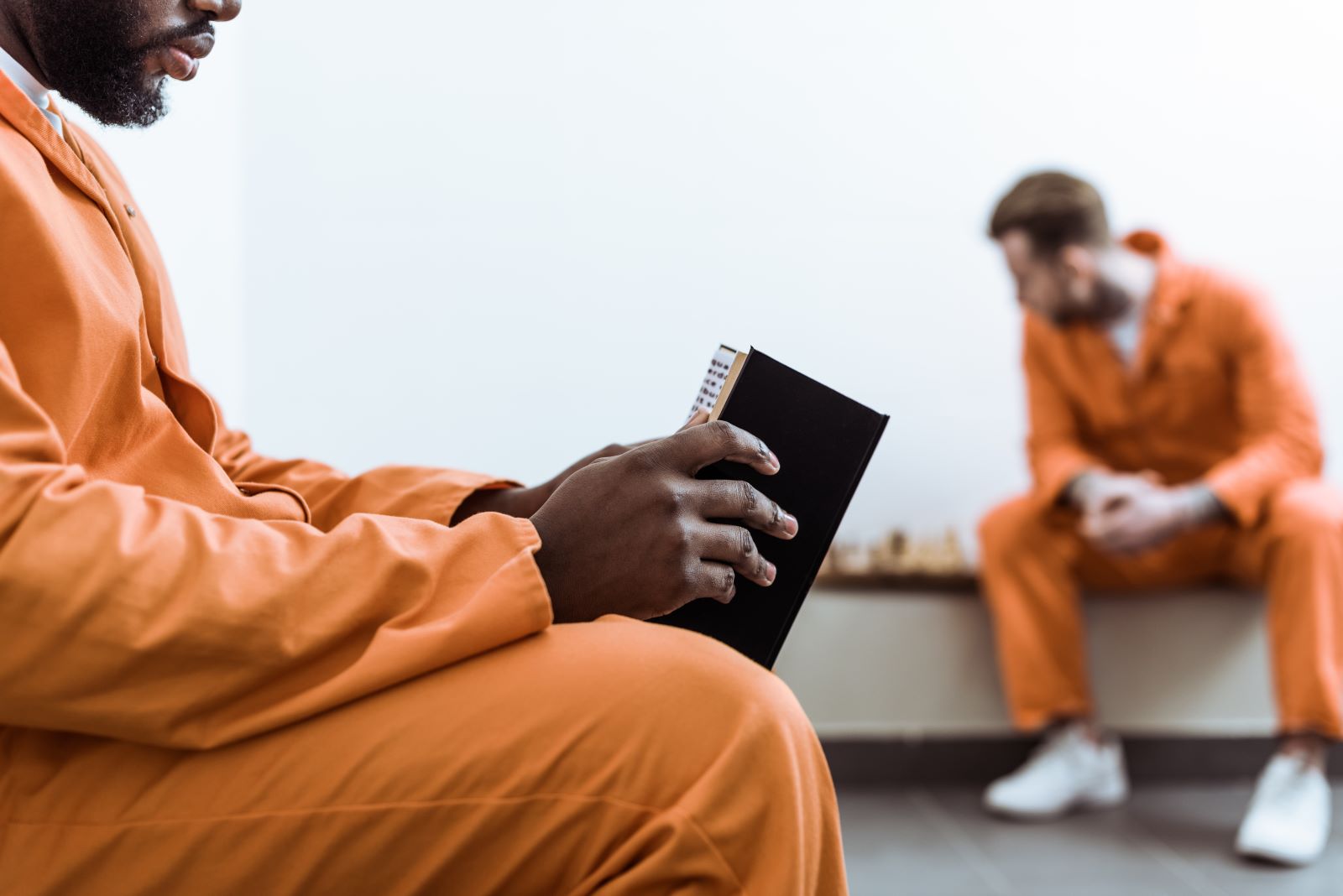
Image Credit: Shutterstock / LightField Studios
Senator Markey said there was an ultimate goal to “reduce the number of people behind bars,” but that in the meantime, he emphasized the importance of providing healthy living environments for people in prisons.
“Dangerous and Dehumanizing”

Image Credit: Pexels / Ron Lach
“We must also ensure that those currently incarcerated have access to clean air, water, and living environments…and can live in conditions that aren’t dangerous and dehumanizing,” Markey said.
The Role of Legislation in Prison Safety

Image Credit: Shutterstock / Ann Kosolapova
The bill would place the burden on prison oversight departments to reguarly test, assess, and report the status of environmental dangers inside federal prisons.
Environmental Risks to be Remediated
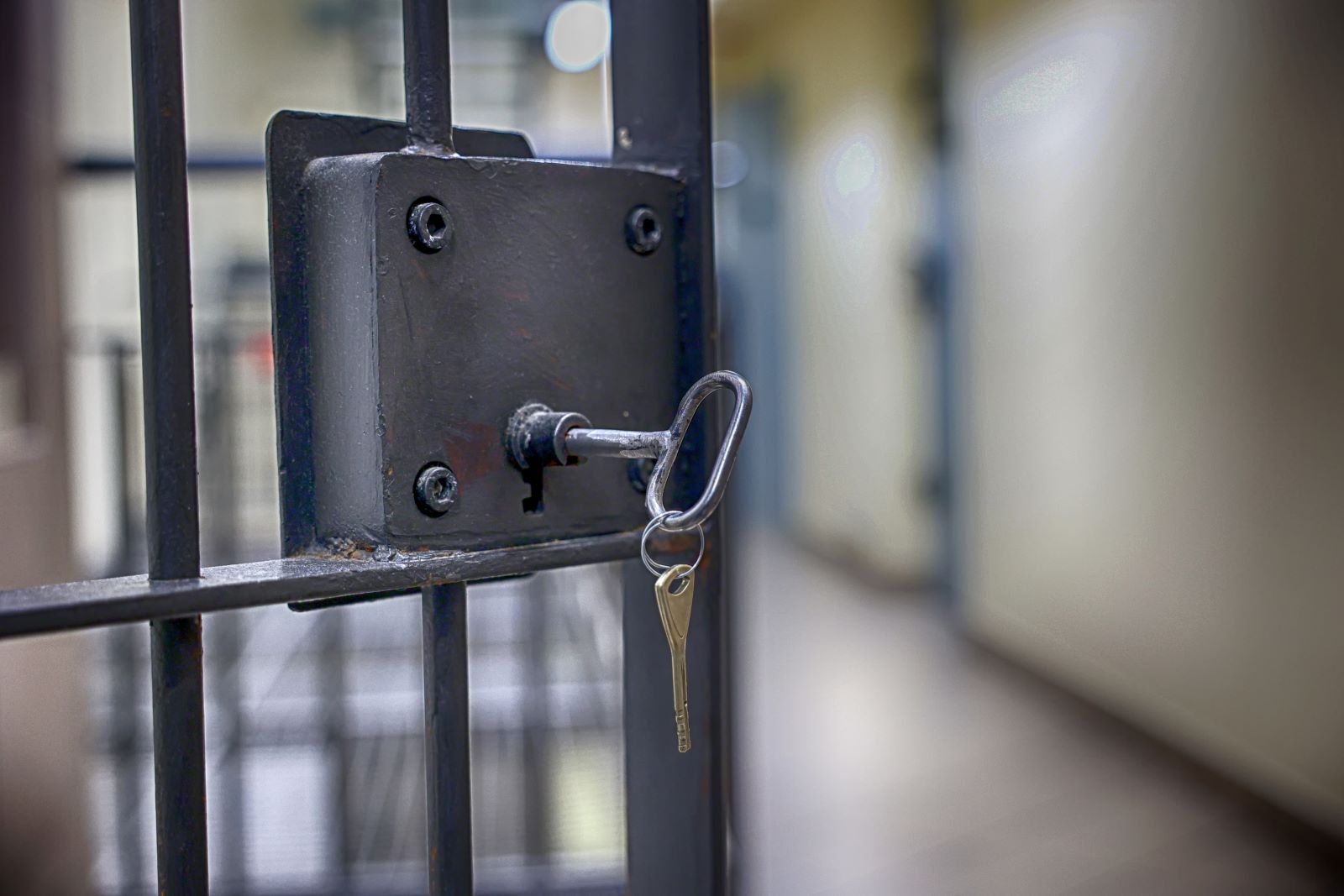
Image Credit: Shutterstock / FotoDax
The presumed expectation would then be immediate remediation of any issues, but it is not clear what, if any, consequences would be imposed for facilities who failed to comply.
Funding Would Expand Access to States, Tribal Prisons

Image Credit: Shutterstock / mapo_japan
This legislation also lays out a plan for grant funding that would allow similar research and reporting for prison facilities that do not fall under federal jurisdiction.
Water Quality Issues in Half of US Prisons
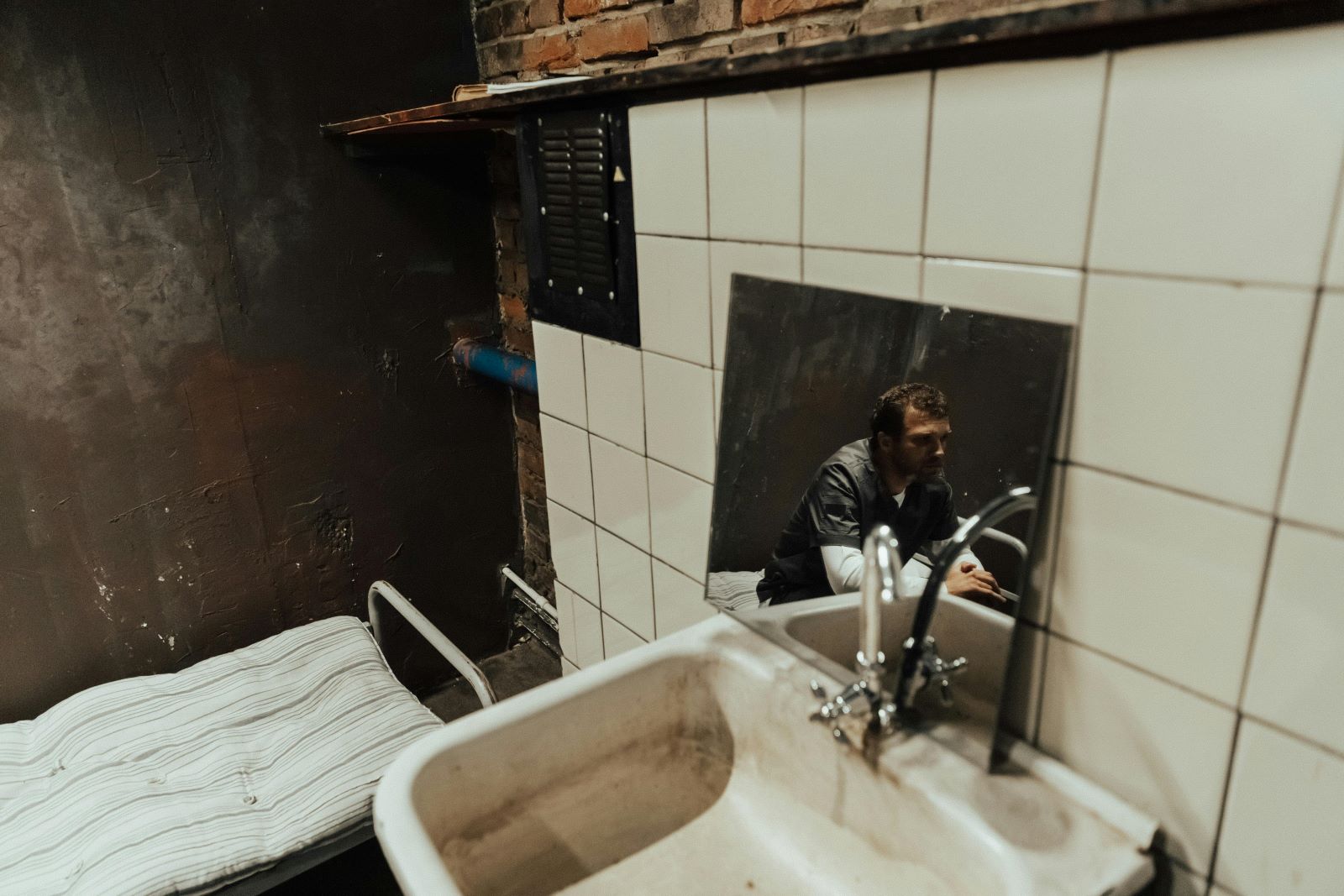
Image Credit: Pexels / Ron Lach
Research out of UCLA indicated that almost fifty percent of prisons in the United States potentially have dangerous chemicals in their water. The study noted that close to a million people in prison could face serious health consequences as a result.
The Problem with PFAS
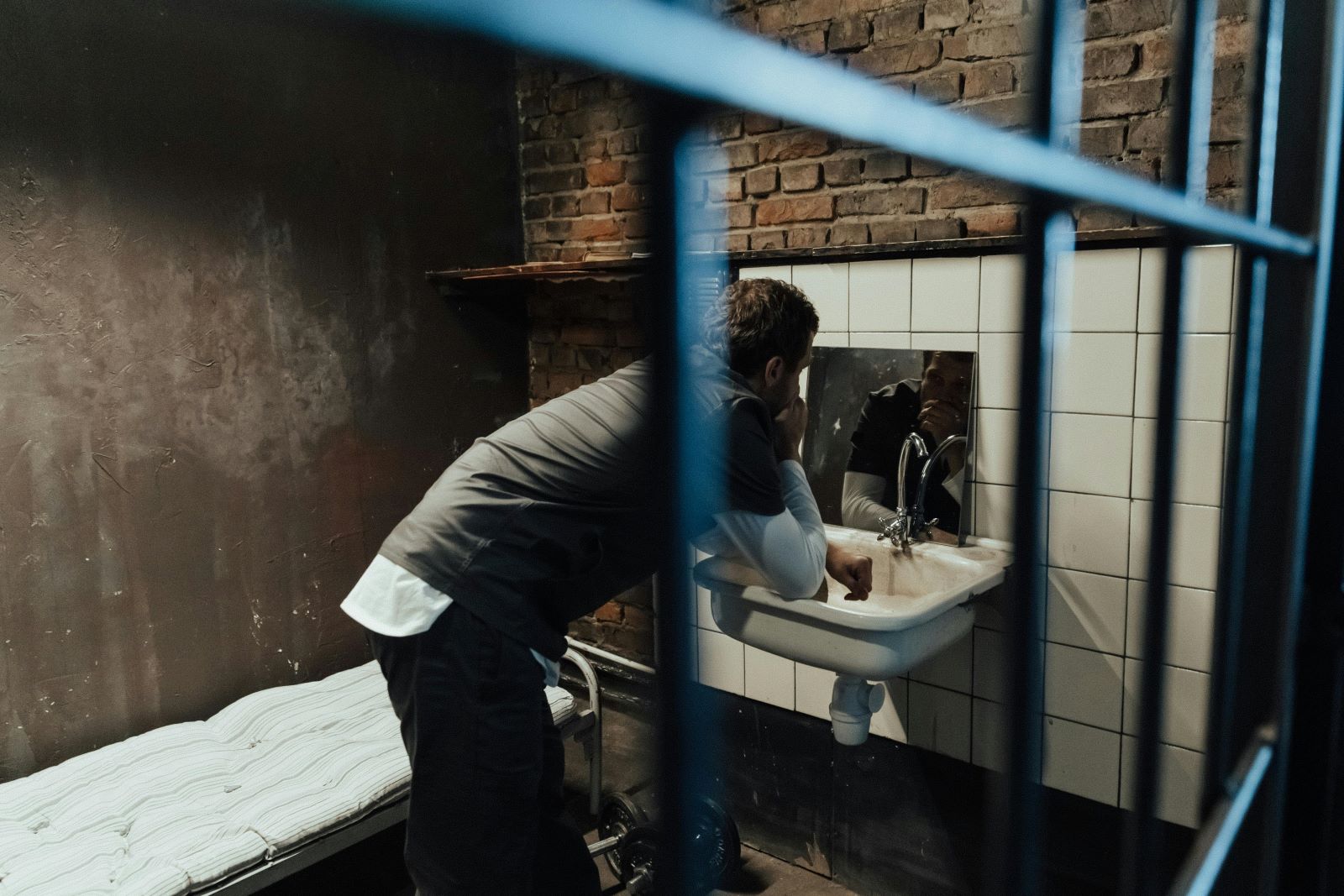
Image Credit: Pexels / Ron Lach
Those chemicals, known as PFAS, are linked to cancer, organ damage, hormonal issues, and other problems, meaning incarcerated people could be at risk of lifelong illnesses and even death.
Pressley Shares Bill’s Goals

Image Credit: Shutterstock / NicoElNino
Representative Ayanna Pressley used social media to share why the bill was so important to her.
“Everyone Deserves…a Healthy Environment”

Image Credit: Pexels / cottonbro studio
“Everyone deserves clean air, clean water, and a safe and healthy environment, including those behind the wall,” wrote Pressley. “My Environmental Health in Prisons Act with [Senator Markey] confronts environmental injustices in carceral settings and promotes decarceration.”
Markey Points to Extreme Heat in Prisons
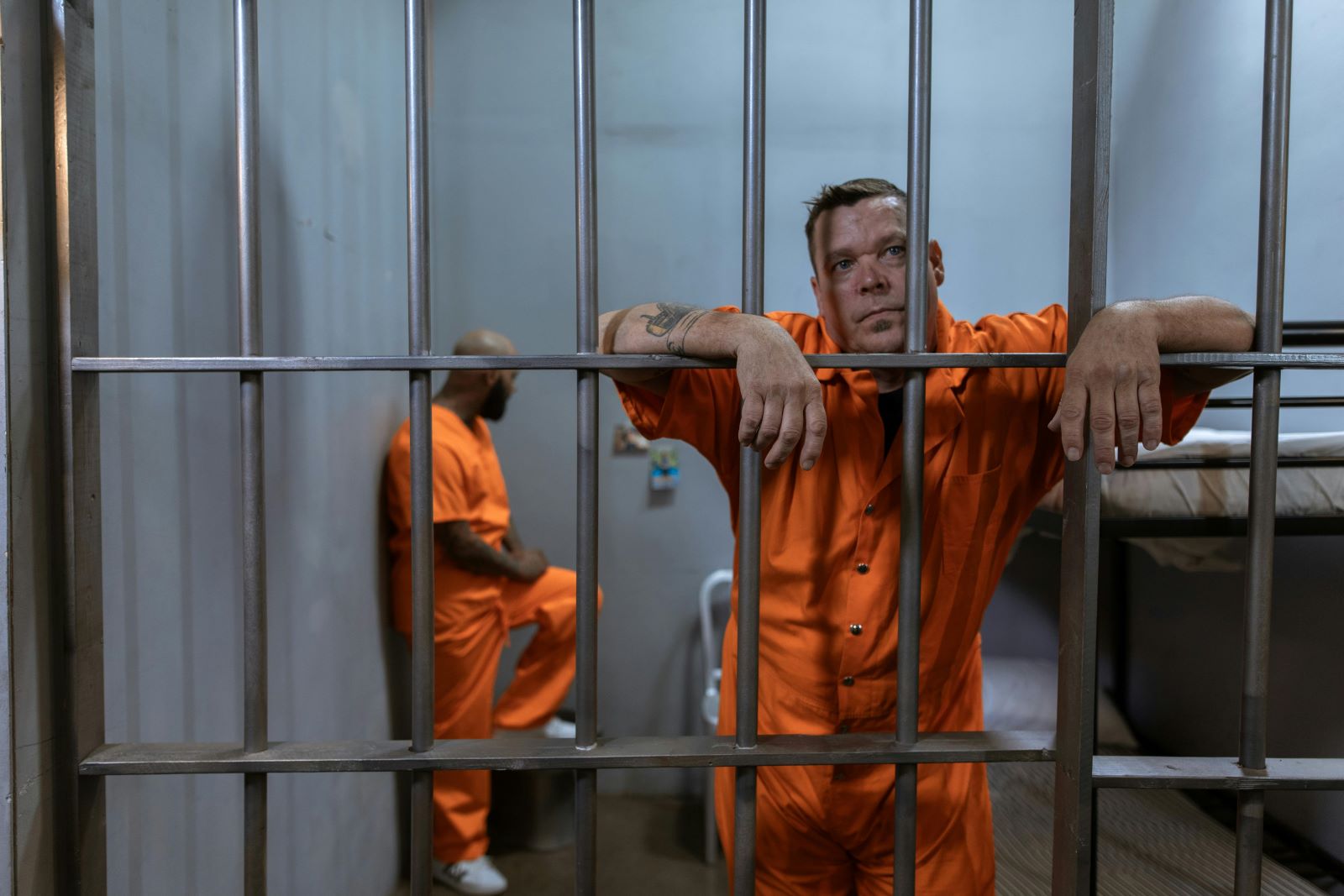
Image Credit: Pexels / RDNE Stock project
Senator Markey also wrote about the bill, echoing Pressley’s sentiments. He addressed a report that some prisons in the country have been shown to reach over 100 degrees Farenheit inside the prison, putting incarcerated people at risk of heat-related illnesses.
“Inhumane and Unconstitutional”
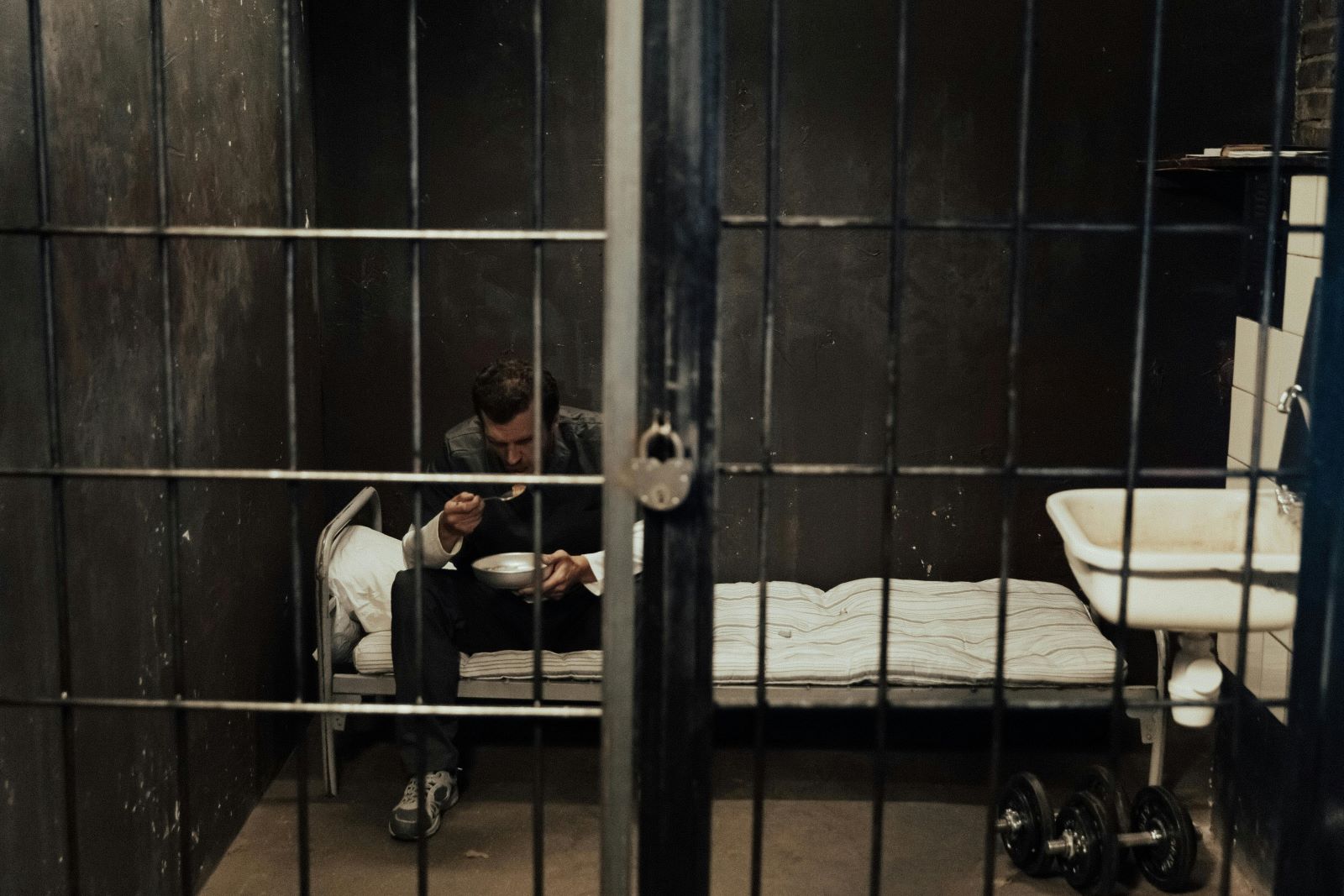
Image Credit: Pexels / Ron Lach
“There cannot be true justice when there is environmental injustice,” Markey said. “Locking people in scorching cells is inhumane and unconstitutional.”
Inmates Forced to Work in Extreme Conditions

Image Credit: Pexels / cottonbro studio
The bill details some of the conditions in which inmates live, explaining how they are frequently given work tasks that increase their risk of exposure to dangerous chemicals and environmental hazards.
Protective Gear Not Supplied to Inmates
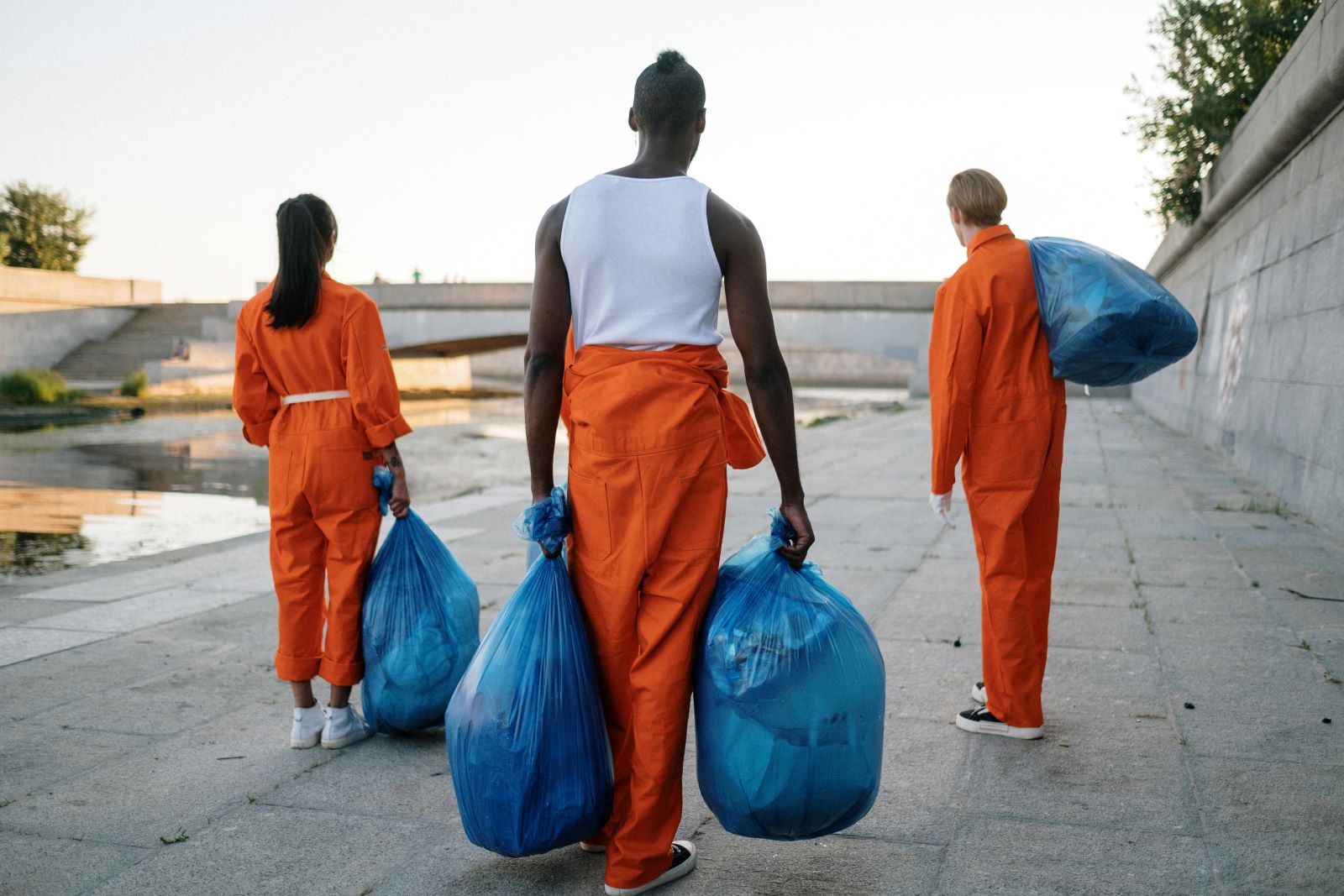
Image Credit: Pexels / cottonbro studio
“Incarcerated people perform labor, such as electronic waste recycling, asbestos abatement, lead paint removal, and forest fire fighting, which exposes them to hazardous conditions without the same level of protection afforded to other non-incarcerated laborers, including protective gear and occupational health and safety protocols,” reads the bill.
The Need for Reform
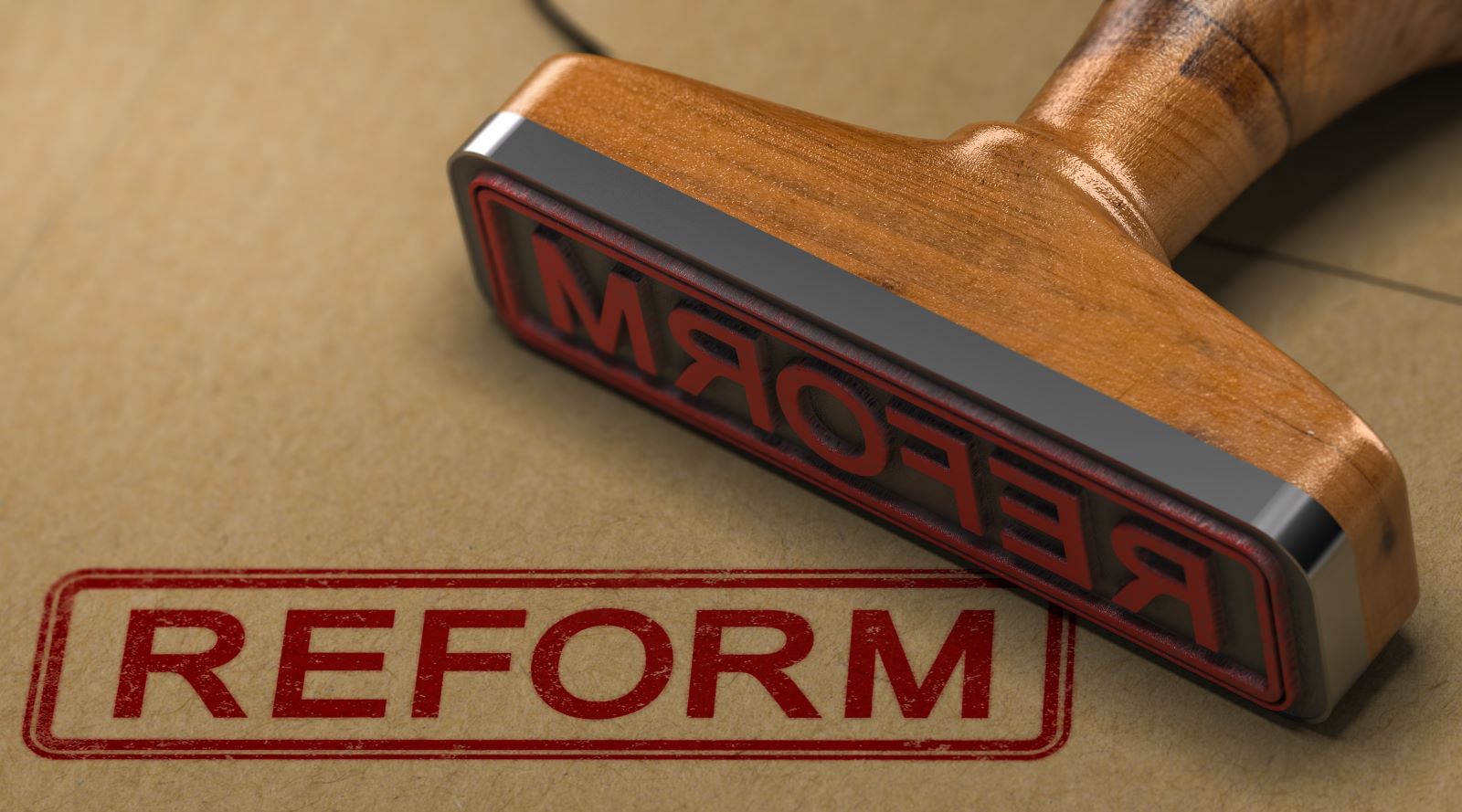
Image Credit: Shutterstock / Olivier Le Moal
If passed, Markey and Pressley hope the legislation will lead to serious reform in federal prisons that will improve the living and working conditions of everyone inside.
Oil Dumping Scandal Rocks Ships Heading to New Orleans

Image Credit: Shutterstock / Aerial-motion
Two shipping companies have been fined after knowingly hiding a large oil spill in the Atlantic Ocean. Oil Dumping Scandal Rocks Ships Heading to New Orleans
20 Eye-Opening Realities Facing Retiring Baby Boomers
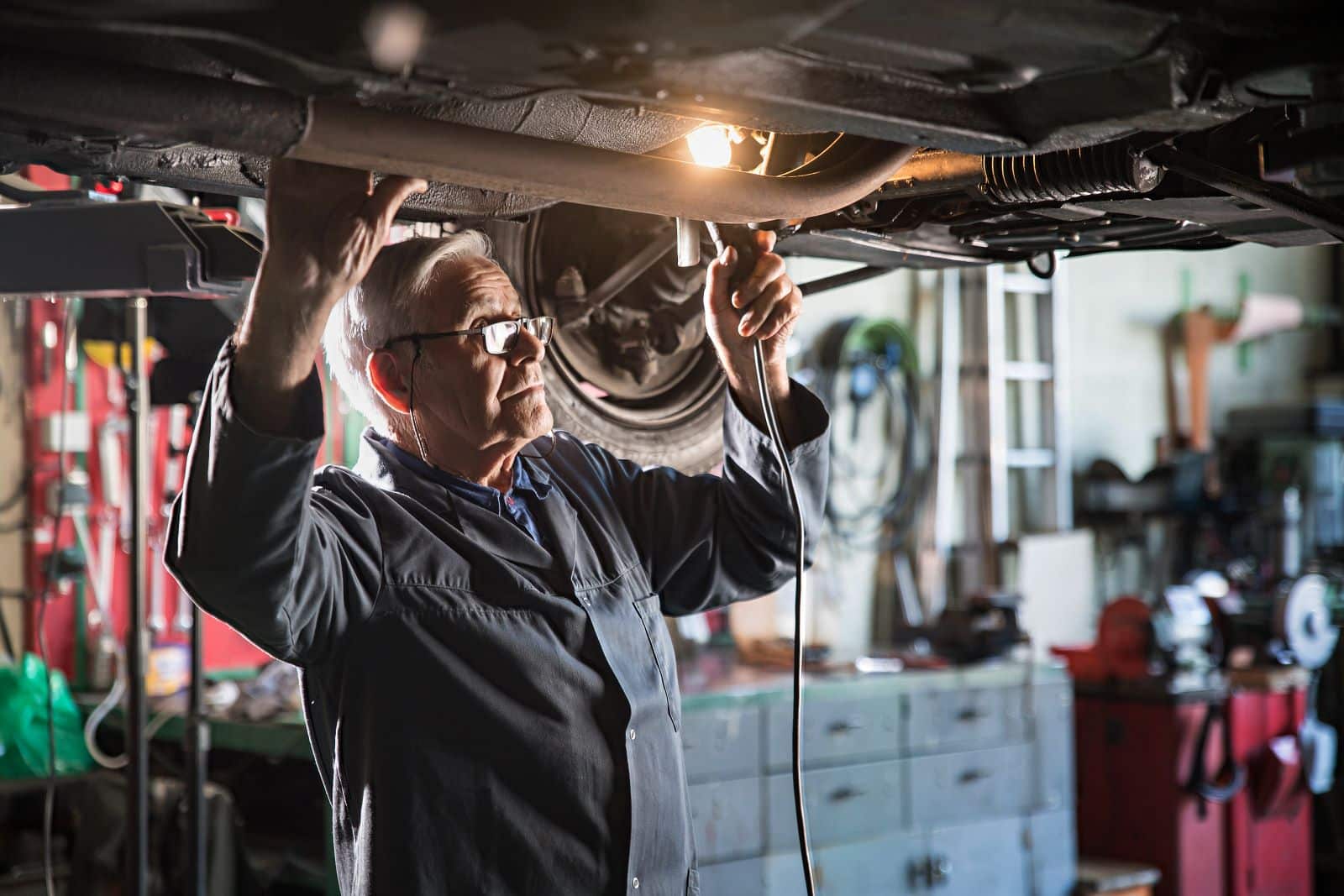
Image Credit: Shutterstock / Jack Frog
As Baby Boomers approach retirement, the promise of leisure and security often seems unattainable. This generation faces unique challenges that could redefine retirement. Here’s a stark look at the realities shaping their outlook. 20 Eye-Opening Realities Facing Retiring Baby Boomers
Retail Apocalypse: Massive Closures Sweep Across U.S. Brands

Image Credit: Shutterstock / Tada Images
Stores across the U.S. are closing at unprecedented levels, according to new research from advisory firm Coresight Research. Read on for more information about the impact this could have on you and your communities. Retail Apocalypse: Massive Closures Sweep Across U.S. Brands
Featured Image Credit: Shutterstock / Rebekah Zemansky.

